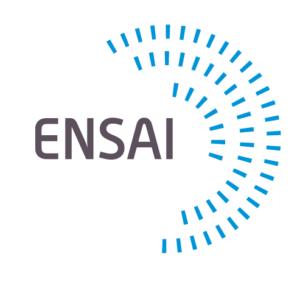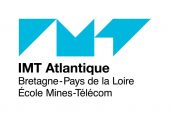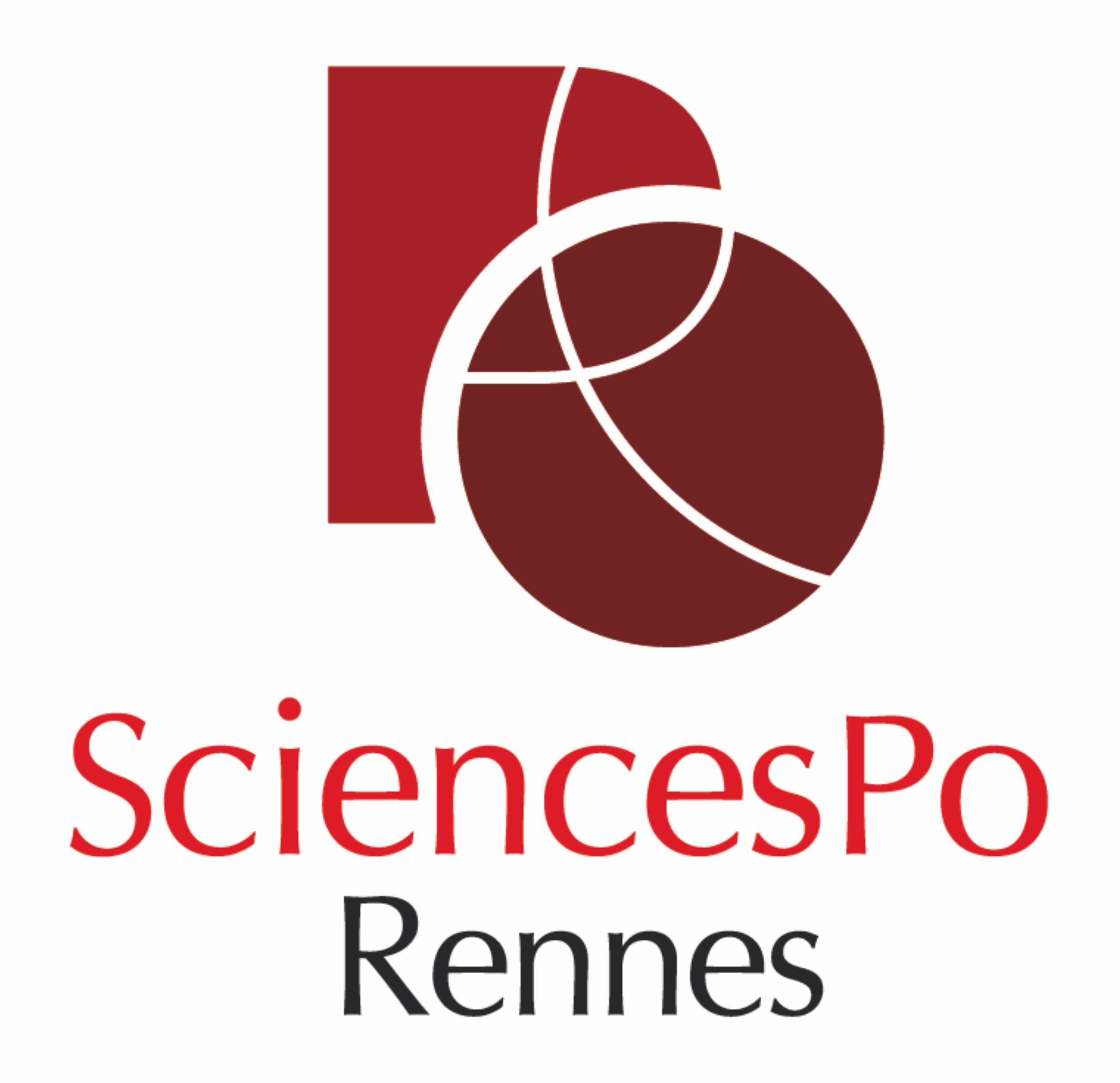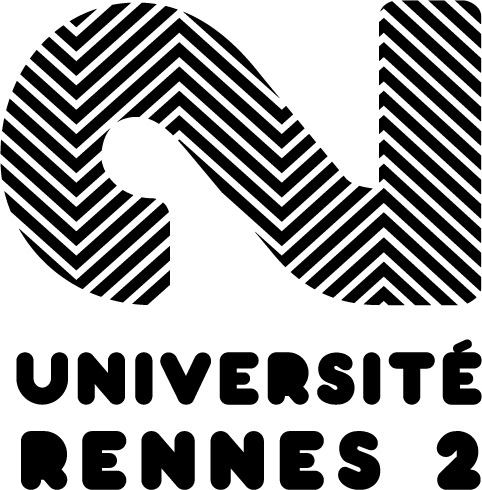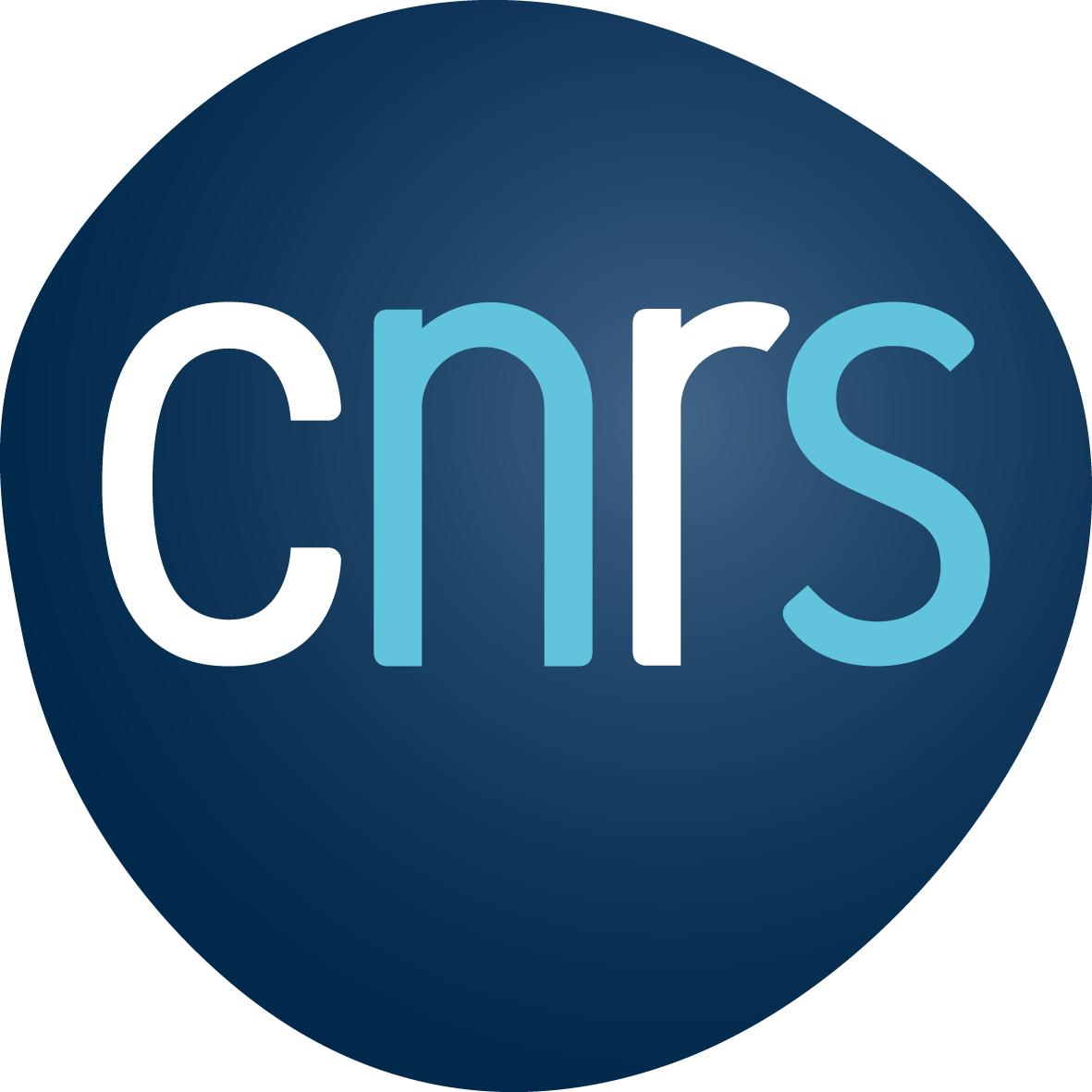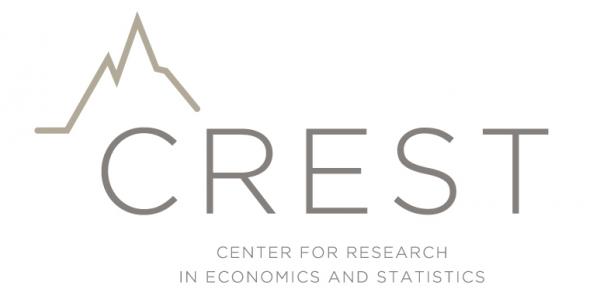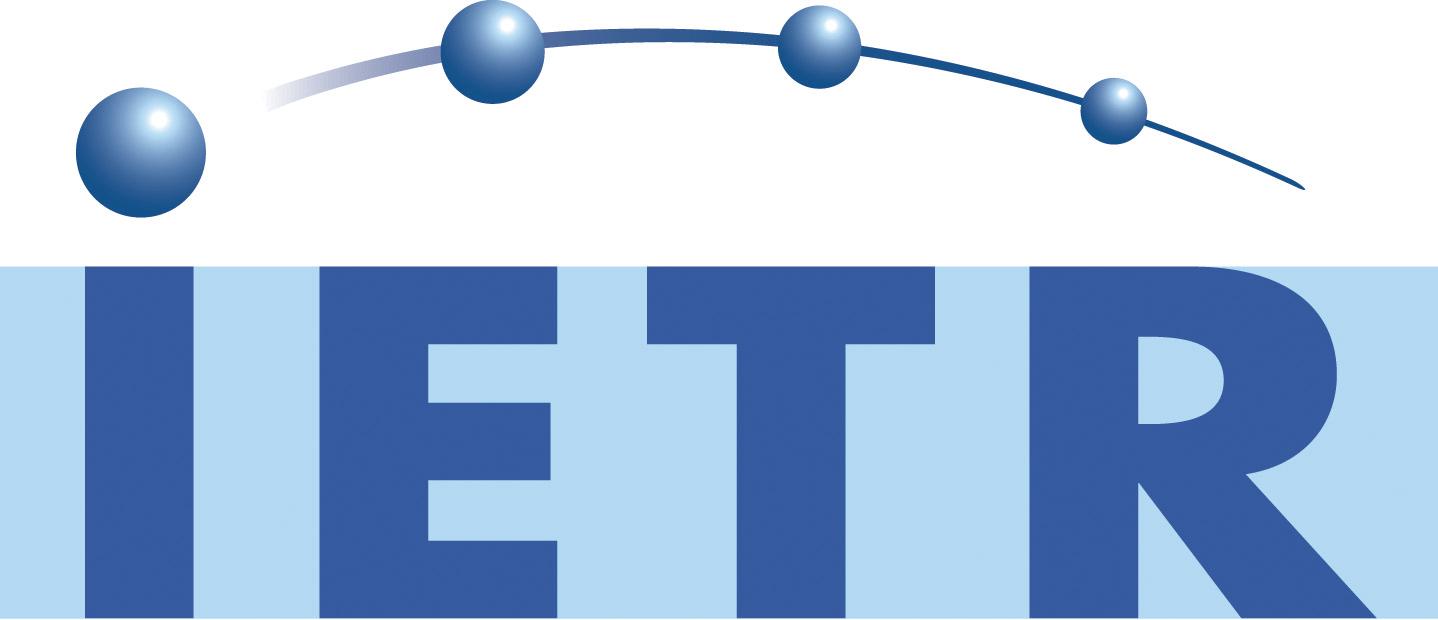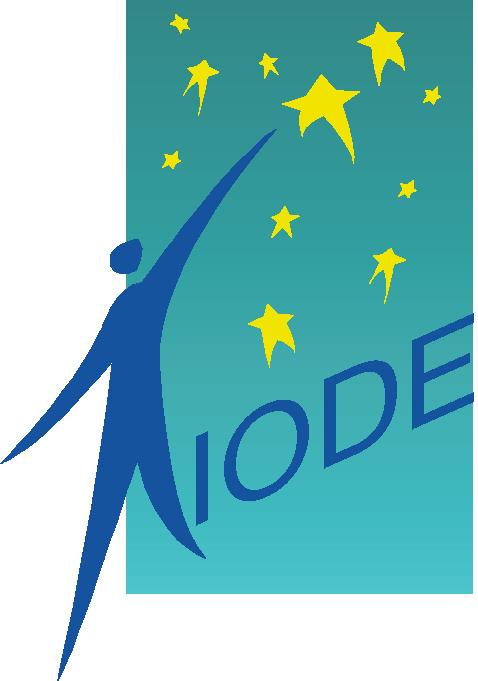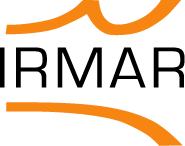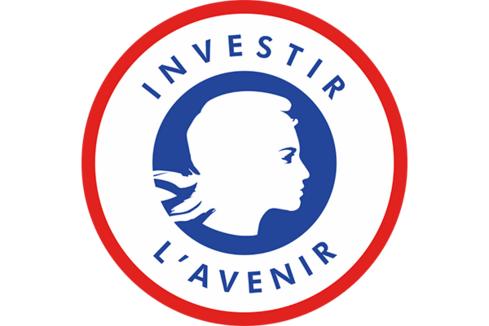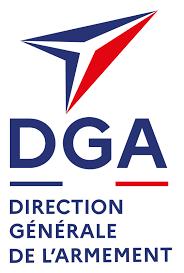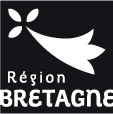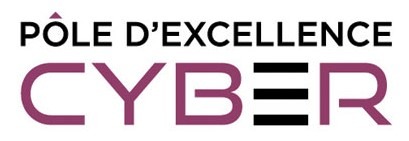Partners
CyberSchool Graduate Cybersecurity Research School brings together the expertise of multiple higher education institutions, research centres, and Mixed Research Center (UMR). It also benefits from the support of key actors within the ecosystem.
Coordination
Université de Rennes

The University of Rennes is the CyberSchool Graduate Cybersecurity Research School’s (EUR) coordinating institution. It host CyberSchool’s operational team and provides support for its activities.
The University of Rennes is an experimental public institution. It brings together training departments (UFR, faculties, schools, institutes), research centres and five Grandes Écoles who participate in the development and implementation of its strategy.
The University is a member of several research poles, such as the Coordination of French Research-Intensive Universities (CURIF) which brings together France’s 18 largest research universities. Université de Rennes is specialized in disciplines known as “hard science” (mathematics, physics, chemistry, biology, ecology, computer science, and geology), “medical sciences” (medicine, pharmacy, and dentistry), and “human and social sciences” (law, political science, philosophy, economics, and management). In addition to this, Foundation Rennes, created in 2010, fosters innovation and socio-economic development by connecting the University with businesses.
Partner higher education institutions
CentraleSupélec
CentraleSupélec is a public institution under ministerial charter, devoted to the sciences and engineering. This charter is shared between the Ministry of Higher Education, Research and Innovation, and the Ministry of Economy, Industry and Digital Technologies. The Engineering School teaches all aspects of Systems Science and Engineering. CentraleSupélec’s academic and research excellence is nestled in its firm and fruitful cooperation with large national institutions such as the CNRS, CEA, INRIA, ISERM and ONERA. CentraleSupélec is also host to the PIRAT and SUSHI research teams (formerly CIDRE), of which INRIA, CNRS and Université de Rennes are also members.
ENSAI
ENSAI’s Ker Lann campus on the outskirts of Rennes trains data scientists – engineers and government statisticians – to process data and is the only French engineering school which is completely geared towards statistical engineering and IT processing careers. ENSAI also operates the renowned CREST research unit. ENSAI runs six data science specialist programmes, an international Master’s in Science programme, and has several double degree agreements with leading universities and doctoral schools in Asia and Europe.
ENS Rennes
ENS Rennes is a high-status public institution of higher education and research. ENS Rennes specialises in preparing students for careers in higher education, research and innovation and trains them, through research-based training programmes, for the Agrégation (high-level, competitive, French teaching qualification) examination and to continue on to PhD studies. ENS Rennes is strongly committed to developing science and its Rennes-based campus.
IMT Atlantique
IMT Atlantique, a French Ministry of the Economy, Industry and the Digital Sector generalist engineering school, is one of France’s top 10 engineering schools and has been ranked by World University Rankings as one of the world’s 400 leading universities. IMT Atlantique is the first Mines-Télécom Institute school, formed on 1 January 2015 by the merger between Mines Nantes and Télécom Bretagne.
Every year, IMT Atlantique welcomes 2,300 engineering, Master’s and PhD students, and 290 researchers and permanent teachers carry out research activities spanning the business sector and higher education, publish 800 reviews, and generate €18M in contracts. The School’s training programmes are based on internationally renowned research within six joint research units run by IMT Atlantique.
INSA Rennes
INSA Rennes was founded in 1966 and is the largest engineering school in Brittany. It is CTI- certified (the main committee responsible for assessing and accrediting higher education institutions which train professional engineers in France) and a EUR-ACE label holder. It is recognised for its teaching and scientific research in two centres of excellence. With backing from six research labs, INSA Rennes offers high-level scientific training programmes in eight engineering specialities, five of which are related to IT and Communications Science and Technology (ICT).
The School plays an important role in the cybersecurity sector: ANSSI Scientific Council Chair; CNRS computer security research group; and pilot for a European network. INSA Rennes’ main specialities include the security, reliability and resource conservation of embedded electronic and IT systems (from smartphones to satellites) and associated modes of communication.
Sciences Po Rennes
Sciences Po Rennes was founded in 1991 with the aim to train students from all social backgrounds, and prepare them to take on responsibilities in the public, private, and non-profit sectors in France, Europe, and the rest of the world. At Sciences Po Rennes, students receive an excellent, multidisciplinary education (law, economics, social science, international relations) which combines theory and practical application in the business world. For several years, Sciences Po Rennes has been developing specialist cybersecurity and defence programmes.
University Rennes 2
Rennes 2 University is the largest centre for research and higher education in the fields of human and social sciences in western France (foreign languages, Breton, sports, arts and communications). Cybersecurity is one of Rennes 2 University’s research areas. Work in this area is carried out in five labs: LP3C (specialised in psychology); CREAD (teaching); IRMAR (applied mathematics); Tempora (history); Psychology Research and New Symptoms and the Social Bond (specialised in psychopathology).
Research Centres
CNRS
The CNRS ranks among the world’s leading research institutions and is internationally recognised for the excellence of its scientific research. The Centre is a reference in the world of research and development, as well as for the general public. The regional CNRS Bretagne & Pays de la Loire Delegation is in charge of management, providing lab support, representing the institution, and coordinating the scientific community.
INRIA
The Inria Rennes-Bretagne Atlantique Research Centre was established in 1980. Its growth is part of the development of the Rennes and Lannion sites, with University of Rennes, University Rennes 2, CentraleSupélec, INSA Rennes and ENS Rennes. The Centre is one of Inria’s eight research units and has 28 joint project teams in Rennes (including 24 with IRISA’s joint research unit) and one in Lannion. Its activities occupy over 600 scientists and research and innovation support staff, including 50 different nationalities.
Inria, the French national research institute for IT and applied mathematics research, drives “scientific excellence for technology transfer and society”. Inria’s research is carried out by project teams of researchers with complementary skills who focus on specific scientific projects. Inria’s open and agile system means that it is able to explore innovative approaches with its partners in the sector’s digital revolution. The Institute’s expertise and research results are extended to businesses (startups, SMEs, and multinationals) in various sectors: health, transportation, energy, communications, security and privacy, smart cities and the factory of the future.
Mixed Research Center (UMR)
CREST
CREST (Center for Research in Economics and Statistics) is a joint research center gathering the faculty members of ENSAE, ENSAI and Ecole Polytechnique Economics Department. An interdisciplinary Center focused on quantitative methods applied to the social sciences, CREST comprises four sub-areas: Economics, Statistics, Finance-Insurance and Sociology.
In addition to the scientific output of its members, an important stake for the Center is the spin-off of its scientific culture and expertise through doctoral training. It is precisely one of the objectives of the “Paris-Saclay Master in Economics” and associated PhD program, jointly offered by Ecole Polytechnique and ENSAE, in cooperation with HEC-Paris, ENS Cachan and Université Paris-Sud, to train young economists and attract the brightest students not only from the founding schools but also from the best universities worldwide.
IETR
The IETR (Rennes Institute of Electronics and Telecommunications is a public research laboratory specializing in the field of electronics and digital technologies. Structured into 6 departments and 12 thematic research teams, the work they carrying out addresses multiple scientific challenges mainly linked to the digital transformation of society, but also to its transitions in terms of the environment, ecology, energy and health.
Established in Brittany (Rennes, Saint-Brieuc, Lannion, Coëtquidan) and in Pays de la Loire (Nantes, Angers, La Roche sur Yon), the IETR brings together more than 350 employees from the 5 establishments and supervisory bodies of the laboratory (CNRS (INSIS and INS2I), CentraleSupélec, INSA Rennes, University of Nantes, and University of Rennes). The IETR also welcomes researchers and teacher-researchers from other institutions and associates by hosting agreement.
IODE
IODE is a research laboratory in law with the status of a joint research unit (Unité Mixte de Recherche) and a dual reporting line: on the one hand, the University of Rennes and on the other hand, the French National Centre for Scientific Research (CNRS).
Research activity deploys within IODE, two complementary research programs that tend to reinforce one another. The current research efforts are aimed at contributing to reflections as well as perspectives on key societal concerns. That is the case, in particular, for research based on environmental challenges, technological evolutions or different impacts of globalization – the European Union role in global governance, future civil law responsibility, legal services flows…The research activity is focused on five themes which have been revised in 2016: the European Integration Process – Social Security and Property Rights – Environment, Global Change and Natural Resources – Responsibility and Legal Security – Theory and History of Legal Systems. It has also developed a cross-theme research in certain fields, such as in new digital environment.
INRIA
The Inria Rennes-Bretagne Atlantique Research Centre was established in 1980. Its growth is part of the development of the Rennes and Lannion sites, with University of Rennes, University Rennes 2, CentraleSupélec, INSA Rennes and ENS Rennes. The Centre is one of Inria’s eight research units and has 28 joint project teams in Rennes (including 24 with IRISA’s joint research unit) and one in Lannion. Its activities occupy over 600 scientists and research and innovation support staff, including 50 different nationalities.
Inria, the French national research institute for IT and applied mathematics research, drives “scientific excellence for technology transfer and society”. Inria’s research is carried out by project teams of researchers with complementary skills who focus on specific scientific projects. Inria’s open and agile system means that it is able to explore innovative approaches with its partners in the sector’s digital revolution. The Institute’s expertise and research results are extended to businesses (startups, SMEs, and multinationals) in various sectors: health, transportation, energy, communications, security and privacy, smart cities and the factory of the future.
IRISA
IRISA (Research Institute of Computer Science and Random Systems) is today one of the largest French research laboratory (more than 850 people) in the field of computer science and information technologies. Structured into seven scientific departments, the laboratory is a research center of excellence with scientific priorities such as bioinformatics, systems security, new software architectures, virtual reality, big data analysis and artificial intelligence.
Located in Rennes, Vannes, and Lannion, IRISA is at the heart of a rich regional ecosystem for research and innovation and is positioned as the reference in France with an internationally recognized expertise through numerous European contracts and international scientific collaborations. Focused on the future of computer science and necessarily internationally oriented, IRISA is at the very heart of the digital transition of society and of innovation at the service of cybersecurity, health, environment and ecology, transport, robotics, energy, culture and artificial intelligence.
IRISA is a joint-venture resulting from the collaboration between eight institutions, in alphabetical order: CentraleSupélec, CNRS, ENS Rennes, IMT Atlantique, Inria, INSA Rennes, Université Bretagne Sud, University of Rennes.
IRMAR
The IRMAR (Rennes Institute of Mathematical Research) laboratory brings together the majority of research personnel in mathematics around Rennes. The laboratory gathers mathematicians from University of Rennes, Université Rennes 2, ENS Rennes, INSA and CNRS. The laboratory also includes mathematicians from Agrocampus, DGA Maîtrise de l’Information and ENSAI. In addition, IRMAR hosts three INRIA project teams : MINGuS, ASPI and FLUMINANCE.
About 240 mathematicians, including more than 60 doctoral students, are part of the laboratory.
- Each year, IRMAR welcomes forty colleagues from foreign universities for visits ranging from two weeks to two months.
- IRMAR organizes fifteen weekly seminars (fr), a monthly colloquium (fr) as well as numerous congresses and meetings.
- IRMAR members publish on a yearly basis several hundred research papers.
Other partners
CyberSchool plays a key role in the socio-economic environment of cybersecurity on a local, regional, national and European level and receives financial and logistics support from four partners.
ANR – Programme Investissement d’Avenir
The National Agency for Research (ANR) is an administrative public institution run under the aegis of the French Ministry of Higher Education, Research and Innovation. The Agency distributes research funding for projects and for public operators working jointly, or with businesses. The ANR manages CyberSchool’s shares as part of the “Programme d’Investissements d’Avenir” (PIA), of which it was a winner. The PIA is managed by the Secretariat-General for Investment (SGPI) and was created by the French government to provide funding for innovative and promising investments in France to increase the country’s growth and employment potential.
Direction Générale de l’Armement
The French Direction Générale de l’Armement, a specialist testing and engineering unit within the French Ministry of the Armed Forces, is tasked with independently equipping armies, preparing future defence systems, and promoting European cooperation and export. With 18 sites in France, a workforce of 10,000 civilian and military women and men, including almost 60% of executives, engineers and consultants, and its international network of employees, the DGA is active in all aspects of defence (land, naval and air combat, electronic communication and information systems, deterrence, space, cybersecurity, and robotics, etc.).
Région Bretagne
Région Bretagne (Rennes Regional Council) is providing funding for the first four years of the project (project funding, investment in scientific and educational equipment).
Rennes Métropole
Rennes Métropole (Greater Rennes) has agreed to provide funding for the first four years of the CyberSchool project. The funding applies particularly to PhD mobility scholarships, research chairs, equipment purchases, helping new researchers to settle in, re-organising platforms, and organising international conferences.
Because the challenge in the cybersecurity sector is that the availability of skills should not hinder its development, Rennes Métropole’s financial support for CyberSchool is part of the GPEC regional plan. GPEC was initiated by Rennes Métropole in partnership with Région Bretagne (Rennes Regional Council) as part of its recovery plan.
Networks
Pôle d’excellence cyber (PEC)
The PEC was created in 2014 by the French Ministry of Defence and Brittany Regional Council and is a national association which brings together research, training and industrial stakeholders in a bid to accelerate the French cyber sector and place it on the international stage. The PEC is tasked with developing cyber training, academic cyber research and the industrial and technological cybersecurity base. The PEC brings together French Ministry of Armed Forces units (ComCyber, DGA-MI), and a host of businesses ranging from multinationals (Orange, Airbus, Thales, etc.) to SMEs-SMIs (Amossys, Quarkslab and Secure-Ic, etc.) and is built on a solid academic and industrial network and national and international partners. Since 2015, the PEC has been funding 20 new cybersecurity PhD thesis every year – this translates as 80 new PhD thesis since the offset, including 15 CIFRE-funded thesis, and 45 co-funded by the DGA and Région Bretagne (Rennes Regional Council).

